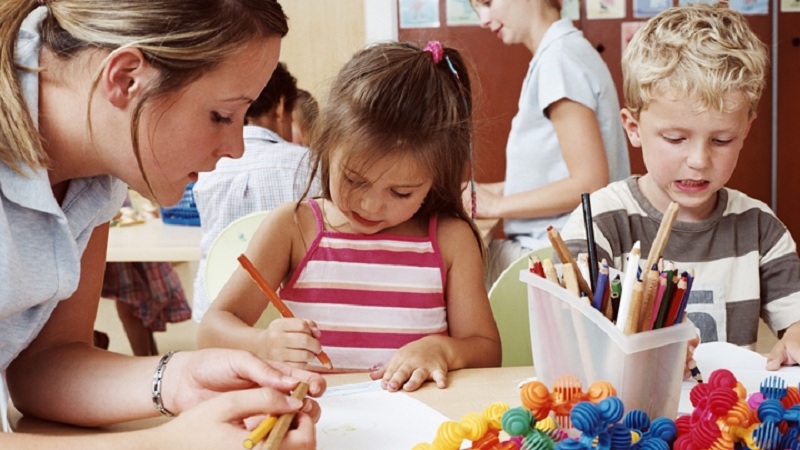Once your child starts attending nursery, it can be a great achievement for you as a parent. If you happen to be the emotional type, their first day may have defeated you by leaving you in tears. Following their first day, it’s likely that every day after school they’re eager to tell you about what happened during their day. It might include all of the people they played with on the playground, what they ate, and the various activities they got up to. Sometimes, however, it can be difficult to keep up with all of their stories and activities. You should, nevertheless, try and play an active role in their learning, however, because your support and contribution can make a world of a difference. This article aims to look at a couple of ways that you can contribute to your child’s early development at home.
Do Their Homework with Them
Often, children happen to come home with homework from school depending on their school and their level. You should try your best to make an effort to do this homework with them as often as you can. By doing so, you’ll get a better understanding regarding what they’re learning in school as well as areas where they seem to struggle and need extra help. Your child may also feel they have the support you need when you’re actively involved in the various aspects of their learning.
Build Their Self-Confidence
Building your child’s confidence is an important thing to begin doing at a young age. It is something that can begin at home and continue when they start attending school. If your child happens to attend St Mary’s Private School, for instance, the curriculum would usually consist of specialist drama lessons to help build their self-confidence. You can support this form of learning by at home by staging little dramas. If they have siblings that are old enough, you can encourage them to participate as well. To make it fun and engaging, you could work with them to create the drama and the characters too. It could prove to be a fantastic way of building their self-confidence and helping them develop key interpersonal skills they need. Other ways to build their self-confidence at home include assigning them age-appropriate house chores, let them make age-appropriate choices, and speak words of affirmation, but try and be careful not to praise them too much.
Teach Them Through Play
Play-based learning can develop creativity, problem-solving and empathy in children. There are five types of play which have been identified by Lego which include pretense, physical, symbolic, with rules, and with objects. Practically, this might mean drama or role play, engaging them in play at a park or outdoor space, playing a game such as Simon says, or playing with building blocks. Try and dedicate a couple of hours a week to engage your child in productive play.
As a parent, you are often the first teacher that your child knows. They see you every day, watch you closely, and many times look up to you. It is, therefore important that you try your best to play an active role in their learning and support them as much as possible. Even if it means dedicating time to pretending to be the queen of England or running around in the playground with your child to help them develop.




